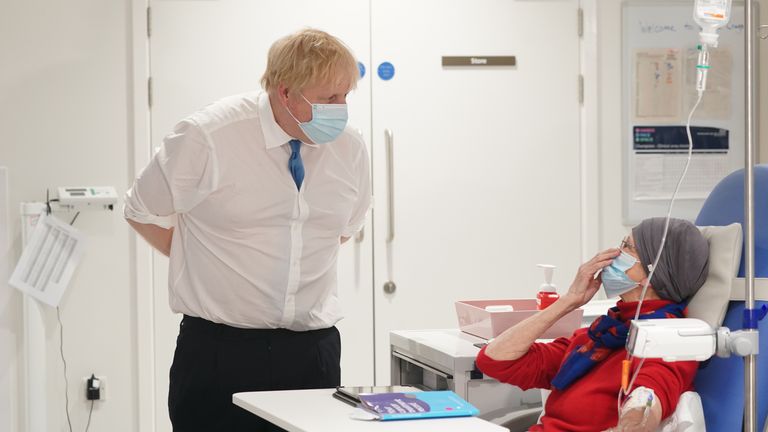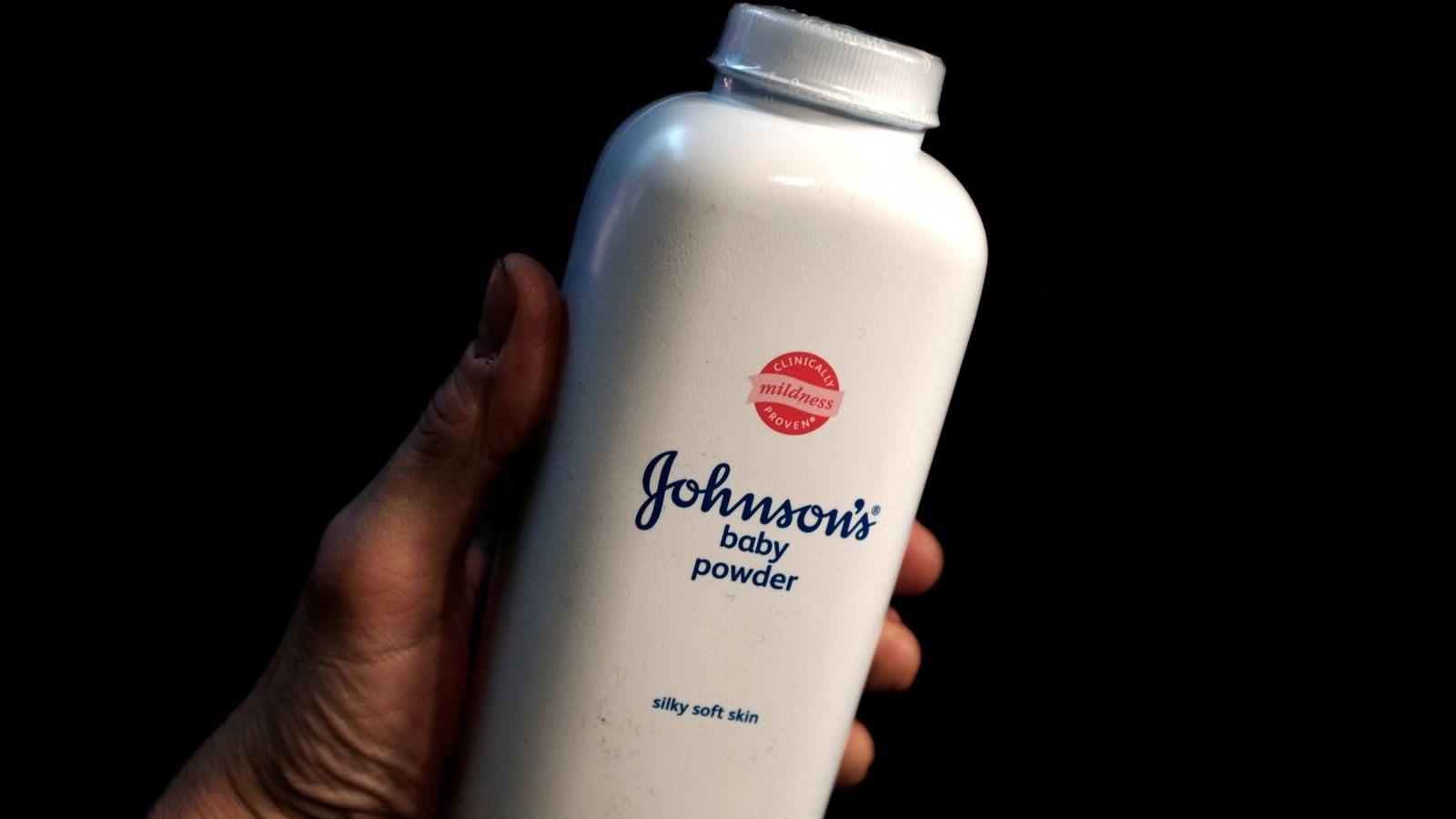The government has overseen a “long-term decline” in critical cancer care and waiting times performance that is dragging “heroic” NHS staff down, MPs have said.
The cross-party Public Accounts Committee (PAC) warned that the waiting list for treatment – currently 6.1m people – is likely to grow for the next few years while performance against targets will be “poor”.
In its report, the committee criticised the Department for Health and Social Care (DHSC) and issued a raft of warnings and recommendations.
Labour MP Dame Meg Hillier, chairwoman of the PAC, said: “DHSC has overseen a long-term decline in elective and critical cancer care that is dragging our national health service and the heroic staff down.
“We on PAC are now extremely concerned that there is no real plan to turn a large cash injection, for elective care and capital costs of dangerously crumbling facilities, into better outcomes for people waiting for life-saving or quality-of-life improving treatment.”
Read more: NHS cancer treatment waiting times at record high – how bad are they and why?
The NHS has not met the 18-week target for people to receive planned treatment (such as hip and knee replacements) in England since February 2016, while the number of people waiting more than a year or two has grown.
As of September, there were between 7.6 million and 9.1 million missing referrals of patients for planned care and between 240,000 and 740,000 missing urgent referrals for suspected cancer.
The NHS has also not met, in totality, the eight key standards for cancer care since 2014. For example, the proportion of patients in England seeing a specialist within two weeks if their GP suspects they have cancer fell to its lowest level on record in January.
It comes after Health Secretary Sajid Javid vowed a ‘new war on cancer’ as families mourn victims who missed treatment in lockdown.
Dame Meg added it was not obvious that the department understands that its “biggest problem” is the way it manages its “heroic” NHS staff.
“Exhausted and demoralised, they’ve emerged from two hellish years only to face longer and longer lists of sicker people. And this is compounded by staffing shortages in a number of professional areas.
“The cycle of glib headlines and fiddling with management structures must be broken, with an overhauled ‘people plan’ that gets to the core of the desperate under-staffing and under-resourcing that have undermined our health system.”
Among its recommendations PAC said DHSC must hold NHS England to account, including “specific expectations for improving waiting time performance in 2022-23”.
In their report, MPs said that, even before the pandemic, DHSC and NHS England “did not increase capacity sufficiently to meet growing demand” and did not adequately tackle the growing workforce crisis in the NHS, with thousands more staff needed.
Labour’s Wes Streeting, Shadow Secretary of State for Health and Social Care said: “This report demonstrates how the Conservatives have run down our health service over the past 12 years, leaving it understaffed and overstretched before the pandemic.”
A DHSC spokesman said the pandemic has put “unprecedented pressures” on healthcare and the department is “tackling this head on”.
They added: “We have set out our action plan to deal with the COVID backlog and deliver long-term recovery and reform, backed by a record multibillion-pound investment over the next three years, and our 10-year plan on cancer.”











